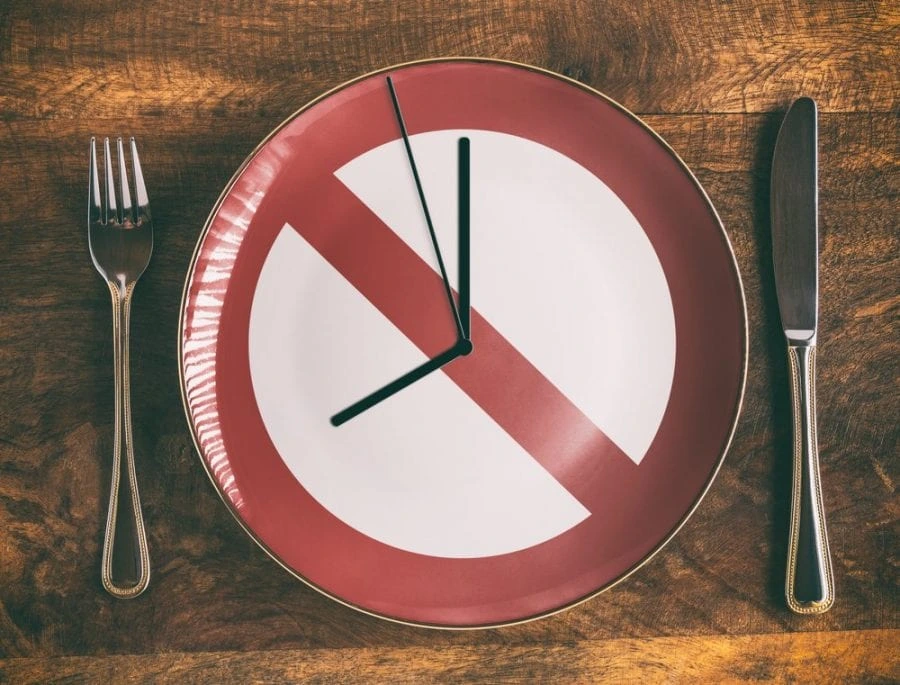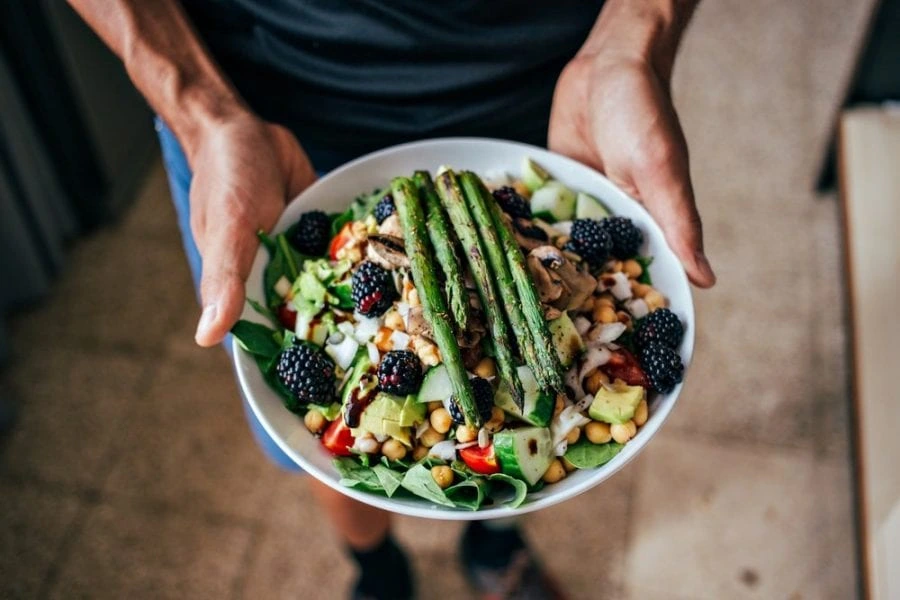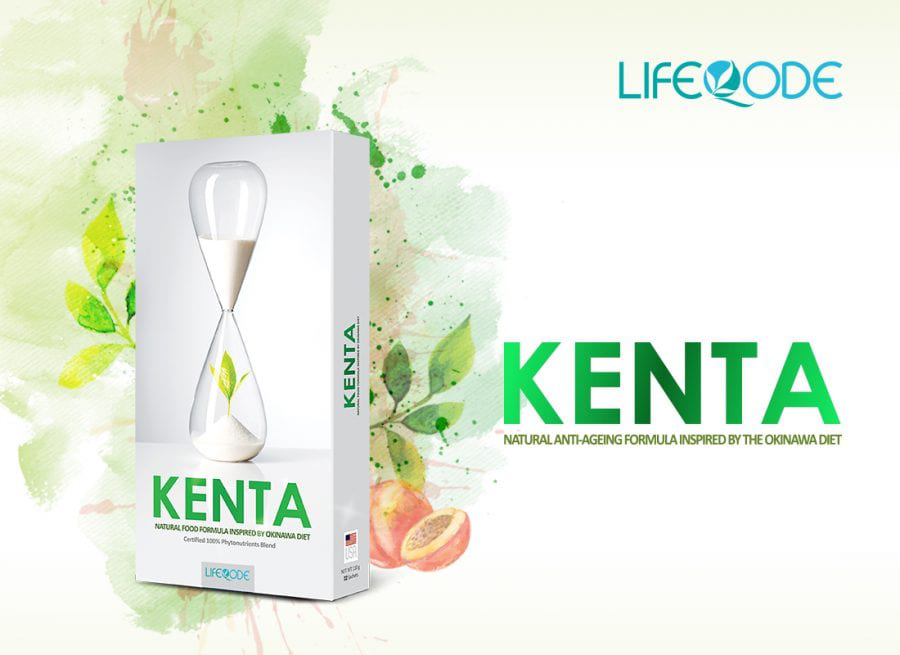These days, there are a lot of popular diets that celebrities and other influencers take part in or affiliate themselves with, and because of this, misconceptions about diets also proliferate. It’s important to understand how your own body works, and how to optimise it to live your best life. Here we talk about how different diets compare with the traditional Okinawa diet, and which is more effective in creating long-term health benefits.

Intermittent Fasting
When you talk about intermittent fasting, you’re talking about having a 6-8 hour window to eat and the 16-18 remaining hours to fast. Intermittent fasting can be a good method to lose weight and gain muscle, especially if you’re active, as it can also lead to an increase in testosterone for men, given that you’re taking in the required amount of calories your body needs for the day. However, this method is not intended for everyone, as results may vary based on the food you are eating. With this diet, it can be very easy to fall into the temptation to indulge, triggered by prolonged hunger. You might also end up undereating, which will have many negative effects on your health.

Paleo Diet
Another popular diet is the Paleo diet, also known as the caveman diet, which consists of eating the way our ancestors ate millions of years ago in the Palaeolithic era. It involves food such as grass-fed proteins, eggs, nuts, fibres, vegetables and to a certain extent, fruits. Still, many scientists have expressed concern that we do not yet have enough evidence to make any strong claims about the Paleo diet’s health benefits, especially its long-term effects. In fact, in an article in response to the first controlled trial for the diet, authors Tanis R. Fenton and Carol J. Fenton from the Cumming School of Medicine in Canada, wrote a letter to the editor in which they expressed their disappointment with the review. Among their arguments were that some of the results were not statistically significant and that they did not show “any important clinical effects”. The two called for more care in releasing health recommendations for the general public.
Traditional Okinawa Diet
Okinawa is an island off the coast of Japan where living to your 80s, 90s and even past 100, while in good health, is quite the norm. Many elderly people in Okinawa live active and independent lives and they tend to have lower risk of dementia than Europeans.
At the core of the traditional Okinawan diet are sweet potatoes, leafy greens or yellow-root vegetables, and soybean-based foods. Sweet potatoes are excellent sources of vitamins such as A, C, and E, and also contain many anti-inflammatory phytochemicals, while fermented soybeans contain alpha GBC, vitamin K2, and polyglutamic acid, which help with bone and cardiovascular health. The Okinawa diet has its similarities with other diets like the Mediterranean or even the dash diet, but nonetheless, if you follow a diet which consists of lots of vegetables, fruits, soy based foods, and low GI grains, you’ll find a diet that is overall low in fat, low in calories, and high in monosaturated and polyunsaturated fat with high quality calories, leaving you feeling more energetic, boosting your health and making you feel younger.
Eating healthy can be troublesome if you aren’t aware of the facts out there or can even be confusing when exposed to all the choices you have. However, this doesn’t have to be the case. LifeQode Kenta is proudly vegan and based off the Okinawa diet. Its formula contains no animal derivatives and its development involves no animal testing. It is also all-natural, with no artificial flavours and colouring, and no preservatives or GMO ingredients added. Kenta is the perfect supplement to boost your health as you engage in a healthy lifestyle.
Learn more about Kenta here.







